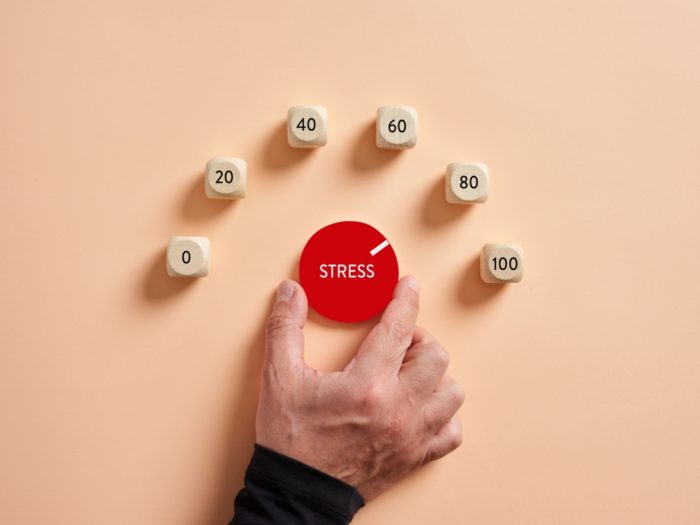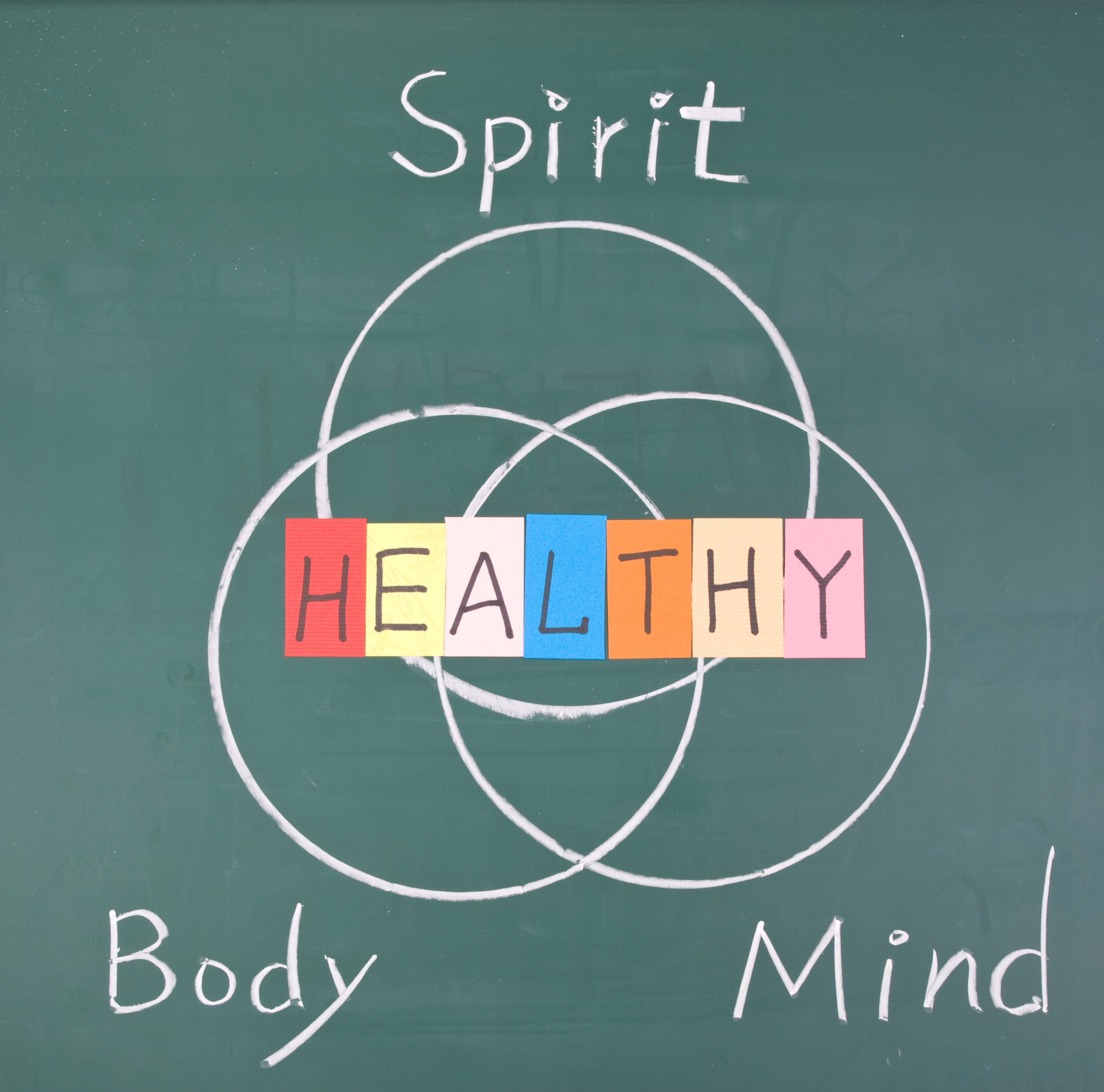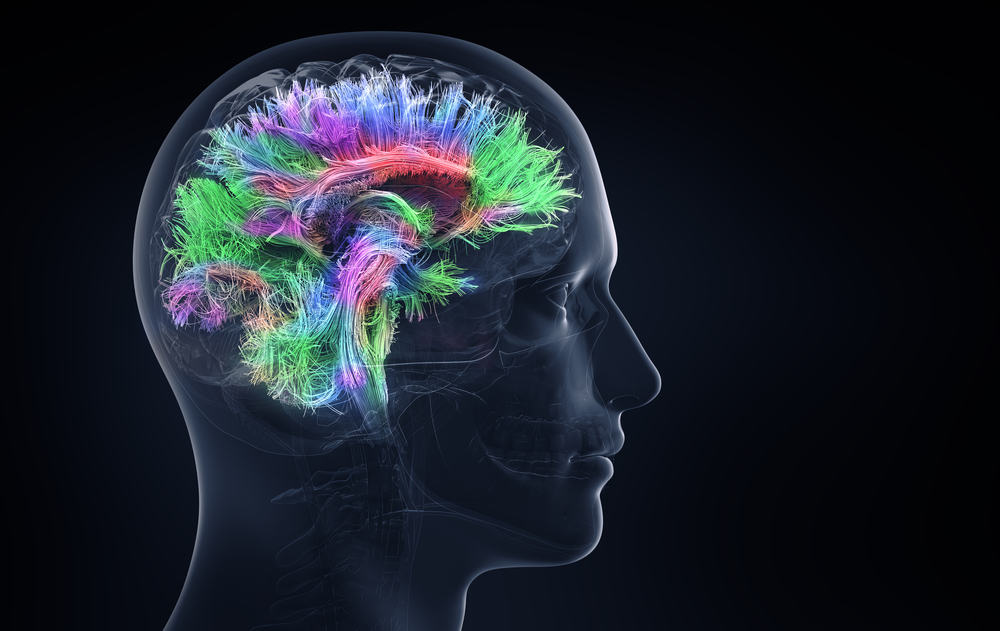
Stress levels are on the rise and it’s no surprise
May 19th, 2023Stress is a universal human experience, and it’s no surprise that stress levels are on the rise
We live in a fast-paced digital world with many challenges. Studies reveal that the workplace is the biggest cause of stress, with women and workers under 30 more prone to experiencing burnout at work.
We are post-pandemic, dealing with an unstable economy and a cost of living crisis, it’s no wonder our blood pressure is going through the roof!
Whatever the source of stress, whether it be work, finances, responsibilities, relationships, or physical or mental health, it can be an uphill struggle. Stress can be debilitating physically and mentally and has a large impact on society. In the US, over 1 million workers are absent every day due to stress.
Stress is an emergency reaction
Your body responds to a demand or threat and creates stress. The nervous system releases a flood of stress hormones such as cortisol and adrenaline. It can trigger emotions like anger or fear and make someone retreat or freeze. When stressed out, the body gets put into an emergency reaction. Your blood pressure rises, muscles tighten, your breath quickens, and your heart pounds. Your senses become sharper, and your body enters fight or flight mode.
No one is immune to stress
We are all different, but regardless of age, sex or other demographics, no one is immune to stress. It just happens, and sometimes you can’t avoid it. Once the feeling of stress hits you, unless it’s eustress (good stress), a series of negative things happen to the mind and body. It can cause emotional instability, physical challenges, digestive issues, behaviour changes and sleeping problems. It can worsen different ailments, diseases and conditions such as headaches, obesity, heart disease, Alzheimer’s disease, diabetes, asthma, anxiety and depression.
Common causes of stress
The most common cause of stress are:
- work
- finances
- responsibilities
- relationships
- personal health
- legal issues
Stress management, coping strategies and headline news
If you are suffering from stress, it’s essential to talk to someone. Reach out to family and friends and even further if things become too challenging. Through talking with trained professionals, and getting a clear understanding of why you are stressed, they can create a unique stress management strategy and teach you coping skills. Programs can be implemented short-term or long-term depending on the levels of stress you are experiencing.
New developments in the treatment of stress-related conditions have recently hit the headlines. In the UK, online depression therapy has been given the go-ahead in England. The green light has been given to the NHS to give depression sufferers quicker access to help. Find out more here.
Sometimes, medical intervention is needed for stress management. Medication can be prescribed to combat stress, such as tranquillizers, beta blockers and inhibitors. Common types are alprazolam, clonazepam, lorazepam and diazepam, all of which come with side effects and are addictive.
In April, the Tokyo University of Science published a report about the non-addictive drug KNT-127 and its link to the effective treatment of stress and depression. We’ve studied the report; read our latest article to find out more
Self-care and mindfulness are essential to minimise the effect of stress on the body. Here are some reminders on how you can look after yourself.
- Talk to people, share your concerns and ask for help
- Find a form or therapy that works for you
- Create a time management plan and prioritise
- If possible, reduce exposure to stressful situations
- Find methods of distraction when stress levels increase
- Educate yourself about healthy living, including exercise
- Stay hydrated and eat a nutritional diet
- Create a good sleeping routine and take time to relax
- Surround yourself with people that make you feel good
- Reduce the consumption of stimulants and junk food
- Try aromatherapy, massage or acupuncture
- Be mindful with meditation, yoga, Tai Chi or Pilates
- Read, write and listen to music or therapeutic sounds
- Try a new hobby
- Have pamper sessions
- Find a discussion group
- Try to have a positive attitude
We know it is all easier said than done but stress management is about choice, choose how you respond to stressful situations, and don’t just let your body take control.
SleepPro™ Supplement
StressPro™ is a relaxant that has been seen to have beneficial effects on anxiety, stress and sleep disorders (if taken at night). It contains a tailored combination of ingredients that help to control chemicals in the brain such as Serotonin, which is produced by the amino acid L-trytophan.
SleepPro™ ingredients
- L-tryptophan – this amino acid is responsible for helping the body to create proteins. It is also turned into Serotonin, which is essential for healthy sleep habits and moods. L-tryptophan has been seen to help with anxiety and stress levels as it helps to reduce levels of the cortisol hormone – if cortisol levels become excessive, symptoms such as stress, fatigue and weight gain may appear.
- GABA (Gamma-aminobutyric acid) – this is a neurotransmitter that inhibits neural cells in the brain and central nervous system (CNS); in this way, it blocks impulses between the brain and nerve cells. Doing this helps to create calm moods, reduce anxiety and maintain mental balance.
- Magnesium – Magnesium is a nutrient that helps the body and nervous system to feel less stressed. It restricts the release of stress hormone and filters existing levels to prevent them entering the brain. GABA levels are also increased by the presence of Magnesium in the body.
- Vitamin B6 – this is essential for enabling the production of Serotonin, which as above helps to balance the body and manage stress.
References
- https://www.cnbc.com/2023/03/14/burnout-is-on-the-rise-gen-z-millennials-and-women-are-the-most-stressed.html
- https://www.who.int/news/item/28-05-2019-burn-out-an-occupational-phenomenon-international-classification-of-diseases
- https://www.stress.org/workplace-stress#:~:text=An%20estimated%201%20million%20workers,employees%20thinking%20about%20their%20stressors






